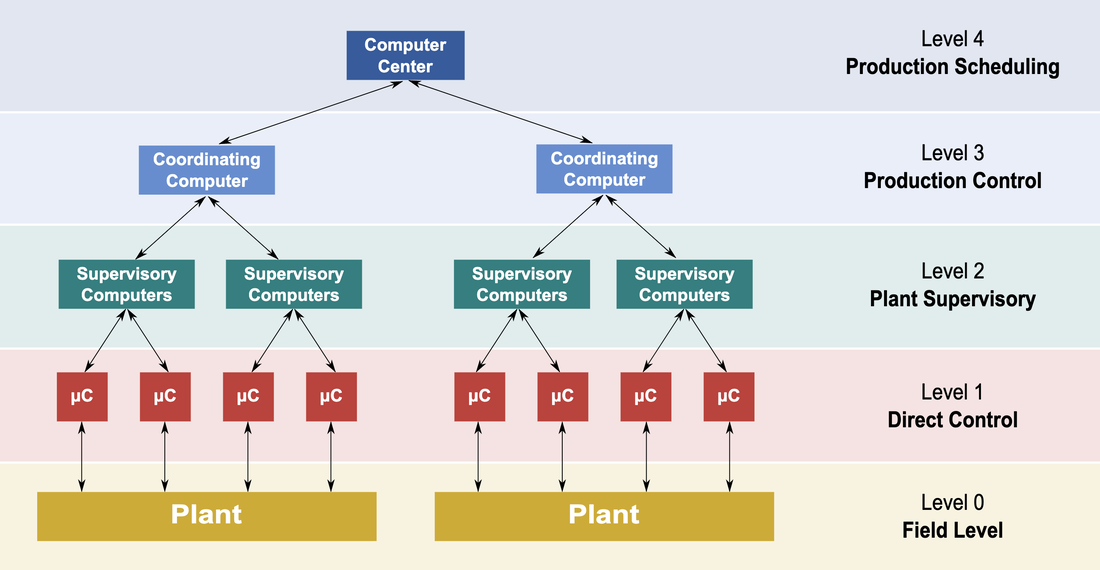|
There’s been a growing trend to get rid of middle management, which coincides with the belief that AI and software robots can automate work done by human professionals. So, fewer managers are needed and, therefore, less human resources management. But when we have more machines to work, they also need to be managed. Consequently, we probably need digital counterparts of middle management and human resources. A recent podcast has an interesting discussion about micro tasks to analyze data and make micro-predictions, such as analysing a specific dataset from one source and trying to conclude something from it. This analysis doesn’t try to understand or optimize a more significant problem or task. It just focuses on one specific part. A more extensive system can have dozens of components like that. Then there is another layer to combine output from those micro-tasks. It can then combine the output and conclusions from several micro-AI modules—individual micro AI’s focus to model and explain one specific data set. For example, running shoe data (yes, there are already running shoes that collect all kinds of data) of your cadence, stride length, ground contact time and foot strike angle to optimize your running speed. When you think about your running performance as a whole, this is only one part. You must also think about heart rate, energy levels (blood glucose), readiness (have you slept enough) and many other things. But it would be too complex to build one huge AI to optimize all this data, and it is better to have modules for each need and then another layer to combine all this. It is the same with software robots. One robot can transfer inventory numbers at the end of the month from SAP to your accounting system. To produce monthly financial statements and reports is much more work than simply compiling those inventory numbers. Other robots could perform the individual tasks and some higher-level robots to put all this information together. This is nothing new as such. Modularity has been an essential principle in designing software for decades. With AI and automation, we often talk about extensive and complex solutions linked to many tasks and systems around an enterprise. When these are also relatively new areas, each company and project usually try to build large systems that try to make a perfect solution for a significant process. When we have these micro modules to handle a specific need, we can then develop design principles. Not to implement from scratch, but to find the best components to do micro-tasks, optimize their use and then get them to work together. It is a kind of HR and management function. You must find the best resources to do things you need, and then you must manage them. But these management layers are digital, i.e., algorithms that choose the best algorithm for each micro-need and optimally use them. Algorithms manage algorithms. This also changes the ecosystem and business models for AI and automation. You have, for example, the following business areas:
Sometimes it is good to compare technology and machines to models of how human beings perform jobs. Especially when AI and automation are to perform tasks that humans have previously done. People have anyway used centuries to develop models, how to organize tasks in organizations. It doesn’t mean we can or should copy the same models to machines, but it can give us ideas on how best to use machines. There are reasons why people specialize in certain areas, how different professionals work together and how the management layer must optimize resources. We need to solve similar issues when designing, using, and managing algorithms, machines, and digital processes. The article first appeared on Disruptive.Asia. Photo source: Wikipedia.
|
AboutEst. 2009 Grow VC Group is building truly global digital businesses. The focus is especially on digitization, data and fintech services. We have very hands-on approach to build businesses and we always want to make them global, scale-up and have the real entrepreneurial spirit. Download
Research Report 1/2018: Distributed Technologies - Changing Finance and the Internet Research Report 1/2017: Machines, Asia And Fintech: Rise of Globalization and Protectionism as a Consequence Fintech Hybrid Finance Whitepaper Fintech And Digital Finance Insight & Vision Whitepaper Learn More About Our Companies: Archives
January 2023
Categories |





 RSS Feed
RSS Feed
